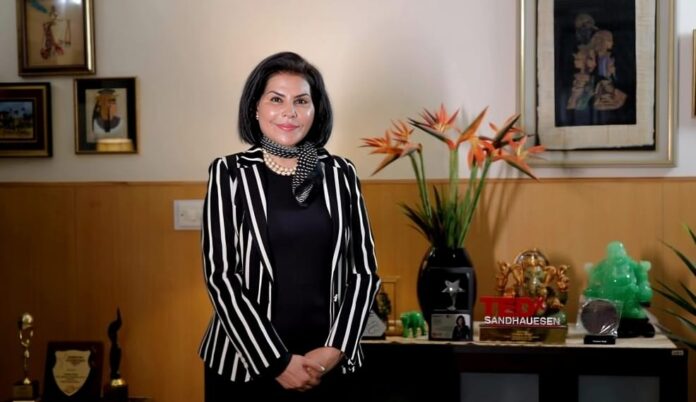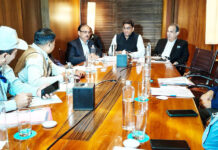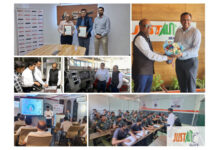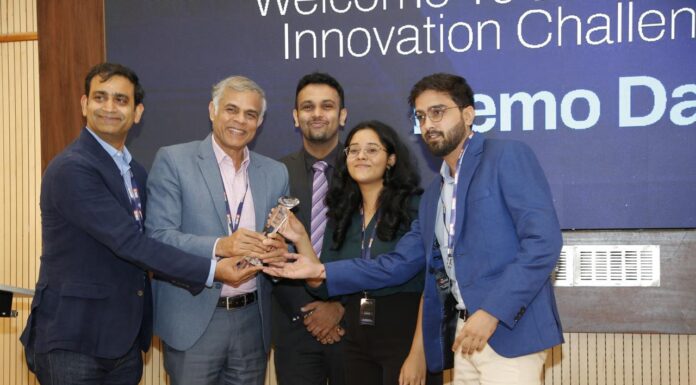Dr. Vandana Singh, Chairperson of Aviation Cargo at the Federation of Aviation Industry in India (FAII), is a pioneering force in the country’s logistics and cargo landscape. With a career marked by bold leadership, strategic foresight, and a commitment to sustainability and inclusion, Dr. Singh continues to shape the future of India’s air cargo ecosystem. In this exclusive interaction, she shares insights on her journey, the evolving role of women in logistics, the importance of digital transformation, and her vision for building a globally competitive and tech-enabled industry.
1. You’ve been a trailblazer in aviation cargo—what inspired your journey into this dynamic industry, and what continues to drive your passion today?
My journey in aviation cargo began with a fundamental curiosity about how nations, economies, and communities are interlinked through the movement of goods. The sheer scale, complexity, and impact of logistics on global development fascinated me. What drives my passion today is the sector’s constant evolution. With technology redefining how cargo is moved, tracked, and delivered, there’s an incredible opportunity to contribute to smarter, more sustainable logistics that can transform India’s global trade capabilities.
2. How do you see the role of women evolving in India’s air cargo and logistics sector, and what structural changes do you believe are still needed to ensure inclusivity?
The role of women in India’s air cargo and logistics landscape is steadily expanding, but we are still at the early stages of true gender inclusivity. Today, more women are entering technical and leadership roles, challenging long-standing perceptions about the industry. To accelerate this momentum, we must build supportive ecosystems—through mentorship, policy reforms, safety standards, and gender-sensitised hiring practices. Structural change must go hand-in-hand with a cultural shift that celebrates and enables diversity at every level.
3. As Chairperson of Aviation Cargo at FAII, how are you championing digital transformation and sustainability within the sector?
At FAII, our focus is firmly on the twin pillars of digitalisation and sustainability. We are advocating for the adoption of AI, blockchain, and IoT in cargo management to ensure faster, transparent, and paperless operations. On the sustainability front, we’re collaborating with stakeholders to reduce emissions, adopt green warehousing practices, and support multimodal logistics that optimise efficiency while cutting environmental impact. The future of cargo lies in smart, responsible innovation—and we’re committed to leading that change.
4. Mentorship and leadership development are critical for industry growth—what initiatives or platforms do you believe can help nurture the next generation of women leaders in logistics?
I firmly believe that mentorship is not just guidance—it’s empowerment. We need dedicated platforms that connect aspiring women professionals with experienced leaders. Industry bodies, academic institutions, and private players must come together to build structured mentorship and leadership development programs. At FAII, we’re actively exploring such initiatives, including workshops, fellowships, and learning labs tailored for women in logistics. These efforts will help build confidence, skill, and long-term leadership capacity among the next generation.
5. Looking ahead, what are your key priorities for India’s air cargo ecosystem, and how can stakeholders work together to build a more agile, tech-enabled, and globally competitive future?
India’s air cargo sector stands at a critical inflection point. Our priorities include enhancing airport and cargo infrastructure, harmonising regulations, accelerating digitisation, and upskilling the workforce. Collaboration across public and private stakeholders is vital to achieve these goals. We must invest in innovation, create policy frameworks that support speed and scalability, and develop integrated logistics corridors that position India as a global freight hub. The future is collaborative, tech-forward, and sustainability-driven—and we’re laying the foundation today.





















